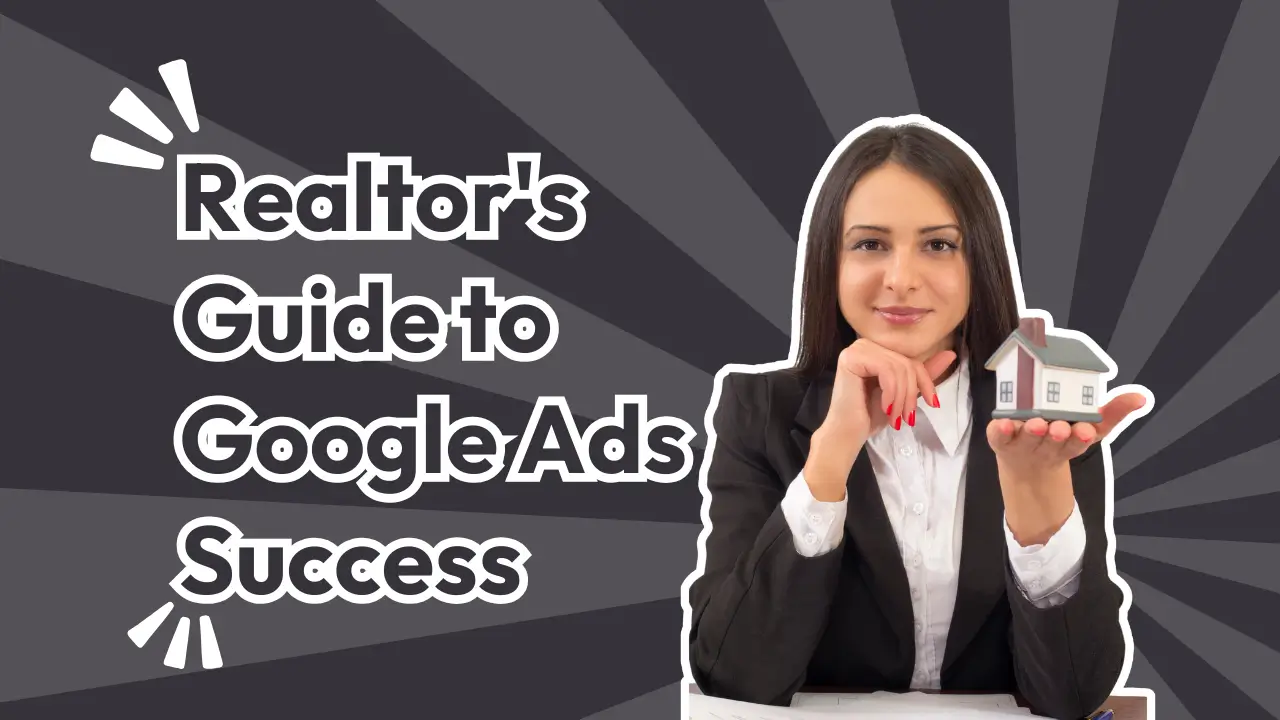In the competitive world of legal services, leveraging Google Ads can be a game-changer for attracting new clients and growing your law firm. However, with the ever-increasing costs of PPC campaigns, it’s crucial to know how to maximize your budget for the best possible return on investment (ROI). Here’s a comprehensive guide on how to maximize your law firm’s Google Ads budget for better ROI, covering everything from keyword strategies to ad optimization and beyond.
Table of Contents
ToggleUnderstanding the Basics of Google Ads
Before we dive into the nitty-gritty of maximizing your budget, let’s quickly cover the basics. Google Ads is a pay-per-click (PPC) platform where you pay each time a user clicks on your ad. The goal is to get the most relevant traffic to your site, converting those clicks into valuable leads and clients.
Why Google Ads for Law Firms?
Google Ads is particularly effective for law firms because over 90% of people seeking legal services start their search online, and most of them use Google. This platform allows you to target users who are actively searching for services your firm offers, making it a powerful tool for generating qualified leads.
Setting Up a Clear Strategy and Goal
The first step in maximizing your ROI is to have a clear strategy and goal in mind. Here are a few key points to consider:
Define Your Objectives
- Are you looking to generate more leads?
- Do you want to increase the number of consultations?
- Are you aiming to boost your brand visibility?
Having clear objectives helps you tailor your campaign to meet specific goals, ensuring that every aspect of your strategy aligns with what you want to achieve.
Use Keyword Planner
Google’s Keyword Planner is an essential tool for planning your PPC campaign. It helps you come up with keyword ideas, forecast results, and budget accordingly. This tool is crucial for identifying high-value keywords that are less competitive and more likely to convert.
Choosing the Right Keywords
Keywords are the heart of any Google Ads campaign. Here’s how to choose them effectively:
Long-Tail Keywords
- Focus on long-tail keywords, which are phrases of four or more words. These are more specific and less competitive than generic head terms like “lawyer” or “attorney”.
- For example, if you’re a personal injury lawyer in Dallas, target keywords like “Dallas car accident lawyer” or “personal injury attorney in Dallas.”
Negative Keywords
Use negative keywords to exclude searches that are not relevant to your services. This helps in avoiding unnecessary clicks and saving your budget.
Uncover Hidden Gem Keywords
Instead of bidding on highly competitive and expensive keywords, uncover hidden gems with lower search volume but higher intent. These keywords can provide better ROI because they are less costly and more targeted.
Effective Bidding Strategies
Bidding is a critical component of your Google Ads campaign. Here are some strategies to help you bid effectively:
Manual Bidding
- If you’re new to PPC or prefer more control over your bids, manual bidding is a good option. This allows you to set a specific cost-per-click (CPC) for each ad group.
Automated Bidding
- Automated bidding strategies like Target CPA (Cost Per Acquisition) or Target ROAS (Return on Ad Spend) can be very effective if you’re looking to maximize conversions or achieve a specific ROI. These strategies let Google’s algorithm handle the bidding process based on your set goals.
Bid on Branded Terms
- Bidding on your branded terms, such as your law firm’s name, can help you control the narrative and ensure that your ads appear when users search for your firm specifically. This often results in lower CPCs and higher quality scores.
Precise Targeting
Targeting is key to ensuring your ads are seen by the right people at the right time. Here’s how to do it effectively:
Location Targeting
Use local geographic targeting to reach users in specific cities or neighborhoods. This is particularly important for law firms that serve a local community.
Demographic Targeting
Target specific demographics such as age, gender, or marital status to tailor your ads to individuals more likely to seek your services. For example, a family law practice can target specific age groups or marital statuses.
Ad Scheduling and Device Targeting
Use ad scheduling to show your ads at times when your target audience is most active and likely to convert. Also, target specific devices (like mobile or desktop) based on where your audience is most likely to engage with your ads.
Leveraging Digital Tools and Automation
Google Ads offers a range of automated and AI tools that can help you manage and optimize your campaigns more efficiently.
Automated Rules and Scripts
Use automated rules and scripts to automate tasks such as raising bids to reach a certain position, controlling budgets, and sending email alerts. These tools can help you manage your account more effectively and reduce manual workload.
Ad Extensions
Utilize ad extensions like sitelinks, callouts, call extensions, and location extensions to add more value to your ads. These extensions can improve your ad ranking scores, increase your click-through rate (CTR), and provide additional context to users.
Optimizing Your Ad Copy and Landing Pages
The quality of your ad copy and landing pages can significantly impact your ROI.
Themed Ad Groups
Organize your ads into themed ad groups to target user intent more precisely. This helps in creating more relevant and targeted ads that align with the user’s search query.
Incorporate Keywords Naturally
Include relevant keywords in your ad headline, display URL, and ad copy to improve your quality score. However, ensure that the keywords are used naturally and do not make the ad sound spammy.
Dedicated Landing Pages
Use dedicated landing pages that match the keyword phrases you are bidding on. This helps in increasing your quality score and reducing your CPCs. Make sure the content on your landing page is relevant and aligns with the user’s search intent.
Responsive Search Ads and A/B Testing
Responsive search ads and A/B testing are powerful tools to optimize your ad performance.
Responsive Search Ads
Use responsive search ads to show alternate versions of your ad based on the user’s online profile. This feature allows Google to test different combinations of your ad headlines and descriptions to find the most effective ones.
A/B Testing
Continuously test different versions of your ads to see which ones perform better. A/B testing can help you optimize your ad copy, CTAs, and other elements to improve your CTR and conversion rates.
Budgeting and Financial Management
Effective budgeting is crucial to maximizing your ROI.
Determine Your Budget
Use tools like Google’s Keyword Planner to determine how much you can and should spend. Consider factors such as your marketing budget, goals, and marketplace competition.
Allocate Budget Wisely
Allocate your budget across different ad groups and campaigns based on their performance. Focus more on high-performing ad groups and adjust your bids accordingly.
FAQs
The best way to target your audience is through a combination of location targeting, demographic targeting, ad scheduling, and device targeting. This ensures that your ads are seen by the right people at the right time.
To reduce your CPC, focus on long-tail keywords, use negative keywords, and optimize your ad copy and landing pages to improve your quality score. Additionally, bidding on branded terms can also help in reducing CPCs.
Ad extensions add more value to your ads by providing additional context, improving your ad ranking scores, and increasing your CTR. They can include sitelinks, callouts, call extensions, and location extensions.
Conclusion
Maximizing your law firm’s Google Ads budget for better ROI requires a strategic and multi-faceted approach. By focusing on the right keywords, using effective bidding strategies, targeting your audience precisely, leveraging digital tools, optimizing your ad copy and landing pages, and managing your budget wisely, you can significantly improve your return on investment.
Remember, how to maximize your law firm’s Google Ads budget for better ROI is not just about throwing money into the system; it’s about being strategic, intentional, and continuous in your efforts. With the right strategies and tools, you can turn your Google Ads campaign into a powerful engine for generating leads and growing your law firm.
So, the next time you’re setting up or optimizing your Google Ads campaign, keep these tips in mind and watch your ROI soar. Happy advertising.








